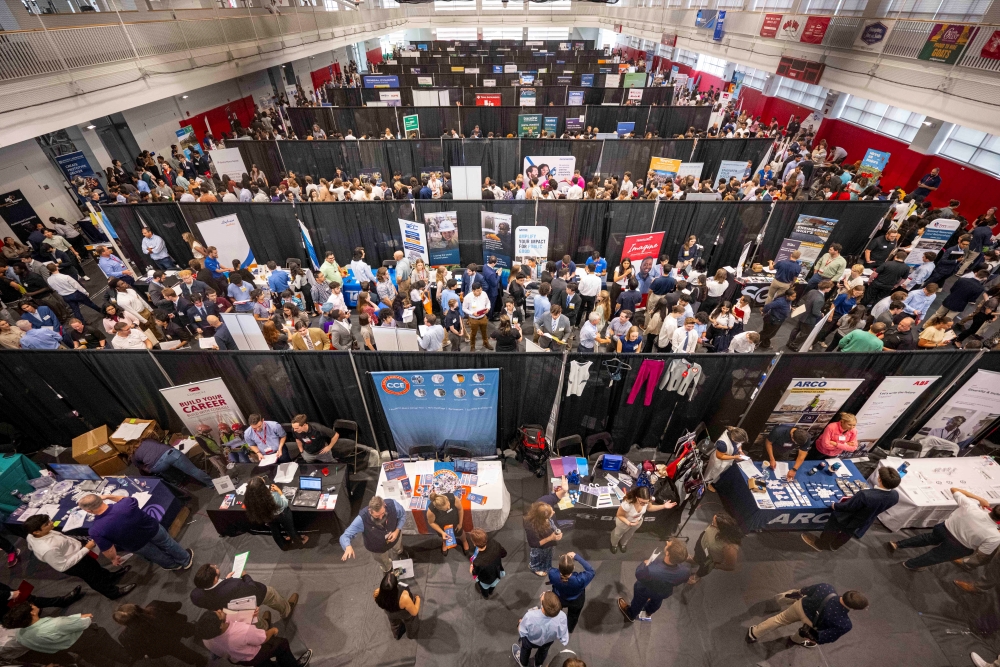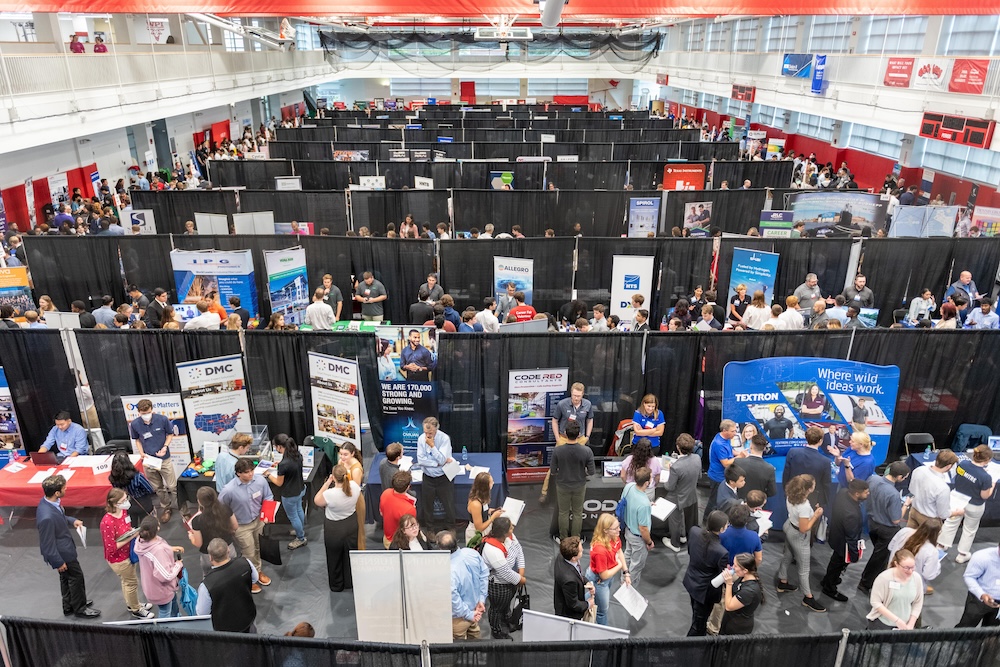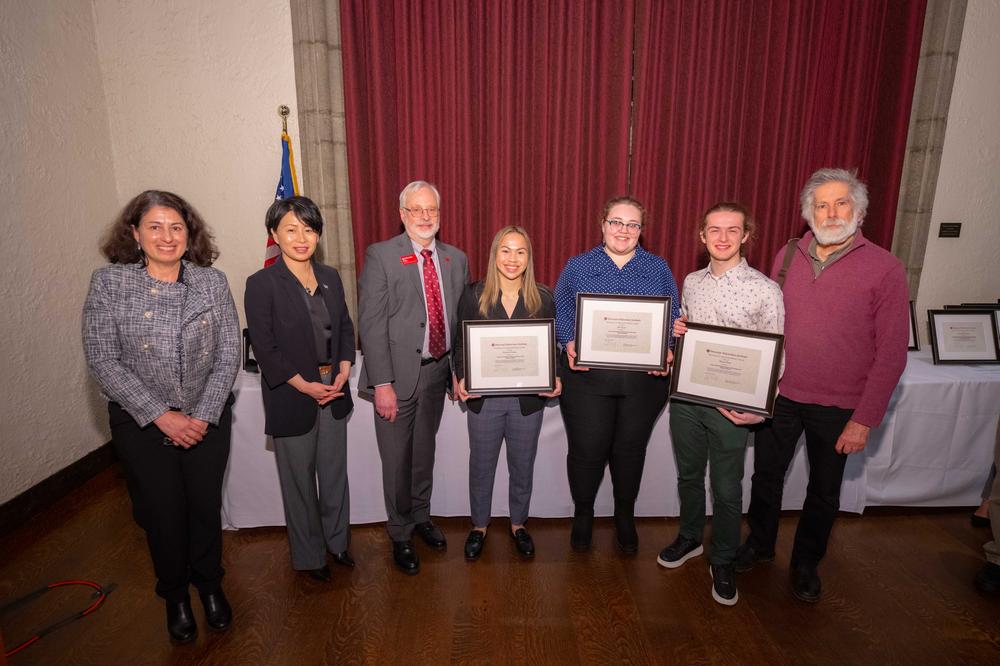Worcester Polytechnic Institute (WPI) has again been named one of the country’s best institutions for undergraduate education, according to the Princeton Review, which features WPI in its 2016 edition of "The Best 380 Colleges," published August 4, 2015.
WPI was listed in the top 10 "Most Popular Study Abroad Program," category, and was the only technological university among the top 20; Elon College was ranked first.
WPI was also listed 11th among schools where "Students Study the Most," up from 19th last year. Harvey Mudd University is currently ranked first in that category, while California Institute of Technology, MIT, and Olin College of Engineering are among the top 10.
In addition, the Princeton Review ranked WPI eighth for "Best Career Placement"—a category in which seven of the top ten schools were technology and engineering universities—and 15th for "Top Internship Opportunities," a ranking that was topped by George Washington University.
Only about 15 percent of America’s 2,500 four-year colleges are profiled in the book, which is the Princeton Review’s flagship college guide. According to the Princeton Review, its rankings are based on surveys of 136,000 students (an average 358 per campus). Students are asked 80 questions about their school’s academics, administration, student body, and themselves. The rankings list the top 20 schools in 62 categories related to education, on-campus amenities, student social life, and more.
WPI interim dean of admissions Jennifer Cluett said, "We’re pleased to see WPI recognized by the Princeton Review for our distinctive academic programs. We’re particularly proud to be ranked well in the categories of "Most Popular Study Abroad Programs" and "Students Study the Most" because they reflect our enthusiastic and engaged student body and our excellent Global Projects Program, which allows students to apply their knowledge through experiential learning at WPI project centers worldwide."
Additionally, the rankings in career placement and internship opportunities speak to the university’s focus on providing students with readily marketable problem-solving skills that lead to lifelong success in fulfilling careers.
Through the Global Projects Program, WPI students have the opportunity to apply to more than 40 project centers around the world. In the United States, WPI has project center sites in such cities as Worcester and Boston; Washington, D.C.; and Santa Fe, N.M. International project sites include locations such as London, England; Venice, Italy; Cape Town, South Africa; Wellington, New Zealand; Moscow, Russia; Mandi, India, and Tirana, Albania.
The project-based learning and reputation of WPI gives students "the ability to work on real engineering projects around the world." As one sophomore puts it: "WPI won’t teach you everything you need to know to be a good engineer, but they’ll teach you where to find all the information you need to face any obstacle."
WPI’s distinctive interdisciplinary curriculum has been the core of its undergraduate program since the early 1970s. Unlike many colleges that offer classroom-style study abroad programs, WPI gives students and faculty advisors the chance to get out of the classroom and tackle open-ended problems. The first project, known as the Interactive Qualifying Project and typically undertaken in a student’s junior year, is a team-based effort that lies at the intersection of science, technology, social issues, and human need. In that setting, WPI students work to meet pressing local needs. Sustainability serves as a common theme for the projects, many of which address problems dealing with energy, the environment, sustainable development, education, cultural preservation, and technology policy.
WPI students surveyed by the Princeton Review noted that the campus "has a real excitement regarding knowledge," and students are "always helping one another, [and] everyone (including the professors) wants the students to succeed."
To view the complete list, visit the Princeton Review.



